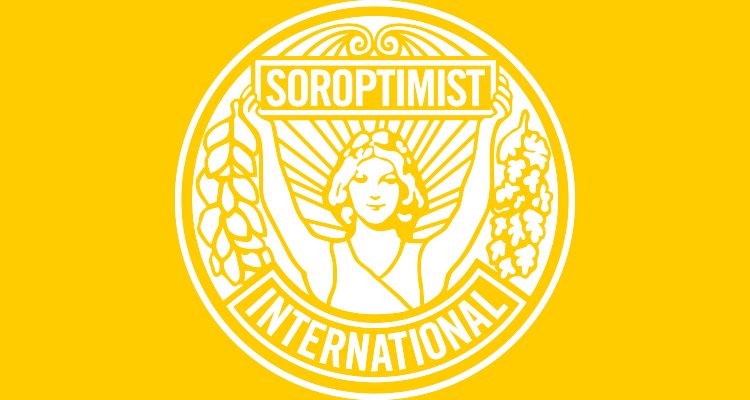A blog by Stacy Ciulik, SI UN Representative, Geneva
The United Nations Human Rights Council (UNHRC) is an inter-governmental body within the United Nations system. Its mission is to promote and protect human rights around the world and to address human rights violations as well as make recommendations on them. The UNHRC has 47 United Nations Member States members elected for staggered three-year terms. The headquarters of UNHRC is in Geneva, Switzerland.
The Universal Periodic Review (UPR) is a mechanism of the UNHRC to complement the work of other human rights mechanisms. It involves a periodic review of the human rights records of all 193 UN Member States and is the first international human rights mechanism to address all countries and all human rights. The Working Group on the UPR, which is composed of the HRC’s 47 Member States and chaired by the HRC President, conducts country reviews. The UPR is Member State driven, where Member States declare what they have undertaken to improve the human rights situations in their countries and to fulfill their human rights obligations.
The 36th Session of the Universal Periodic Review took place 2-13 November 2020, postponed from May 2020. The 14 countries reviewed were: Andorra, Belarus, Bulgaria, Croatia, Honduras, Jamaica, Liberia, Libya, Malawi, Maldives, Marshall Islands, Mongolia, Panama and the United States of America.
This session was the 1st hybrid session in the history of the UPR mechanism. Meetings held in-person were limited to due COVID-19 restrictions, remote participation was utilized by many of the 263 delegates.
High-level delegations representing the 14 countries addressed the UPR Working Group (which includes the entire membership of the 47-member Human Rights Council). Each delegation was addressed during a 3.5-hour session with statements and questions.
The 14 reviewed Member States received an average of 221 recommendations each.
The Bulgarian government received 233 recommendations including recommendations to formulate a definition of hate speech and to investigate crimes based on rape. The Bulgarian government recognizes the importance of promoting gender equality and the fighting against domestic violence. The recommendations will be reviewed and responded to no later than the 46th regular session of the Human Rights Council in March 2021.
The Jamaican government accepted 120 of the 170 recommendations. Thirty-four recommendations will be examined and will responded to by the 46th regular session of the Human Rights Council.
The government of Malawi received 232 recommendations including recommendations to improve overall living standards and to continue the fight against child marriages. Of the 232 recommendations, 186 are supported by the government of Malawi, 45 were noted and 1 was deferred. Mr. Titus Songis Mvalo, Minister of Justice and Constitutional Affairs of the Republic of Malawi, expressed in his final remarks the willingness to ensure the 186 accepted recommendations will be addressed at a national session in a spirit of openness and open understanding to define their implementation.
The Mongolian government received 190 recommendations, has taken note of 20 recommendations, and announced that 4 recommendations have already been implemented. The Mongolian government appreciates that progress on the human rights situation is acknowledged and are aware that progress is still to be made. They are focusing on many issues including protecting vulnerable members of their society including women and children, fighting against gender-based violence and addressing gender equality. The 170 pending recommendations will be reviewed prior to the 46th HRC session.
The United States of America received 347 recommendations on the human rights situation in their country. The recommendations include repealing the global gag rule, repealing the domestic gag rule, repealing the Helms and the Hyde amendments. The Government of the USA responded that they would examine all recommendations and respond by the 46th HRC session. A press statement was issued by Ambassador Andrew Bremberg at the adoption of the Universal Periodic Report of the United States.
In her closing statement, the president of the human rights council – Ms. Elisabeth Tichy-Fisslberger -expressed her satisfaction with the commitment of the international community to the continued relevance of the UPR and the importance of the process at the national level. She complimented the delegates on constructive spirit of the deliberations and the broad support.
The 37th Session of the Universal Periodic Review will take place 18-29 January 2021. The countries which will be reviewed are: : Australia, Austria, Georgia, Lebanon, Mauritania, Micronesia, Myanmar, Nauru, Nepal, Oman, Rwanda, Saint Kitts and Nevis, Saint Lucia, Sao Tome and Principe.
https://www.ohchr.org/EN/HRBodies/HRC/Pages/Home.aspx

